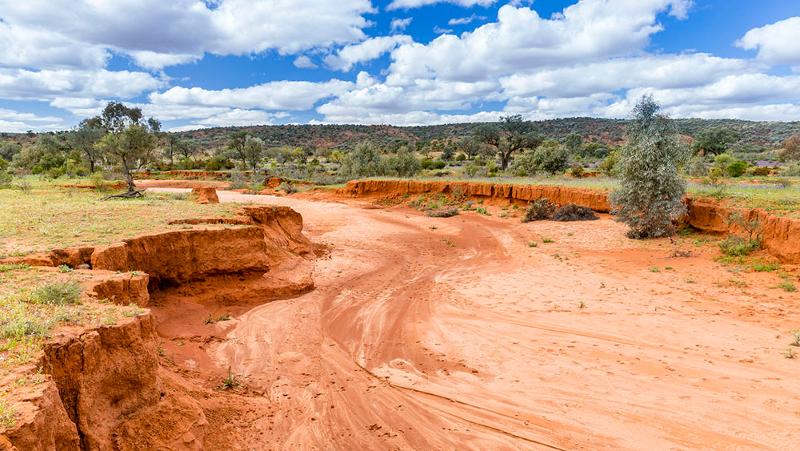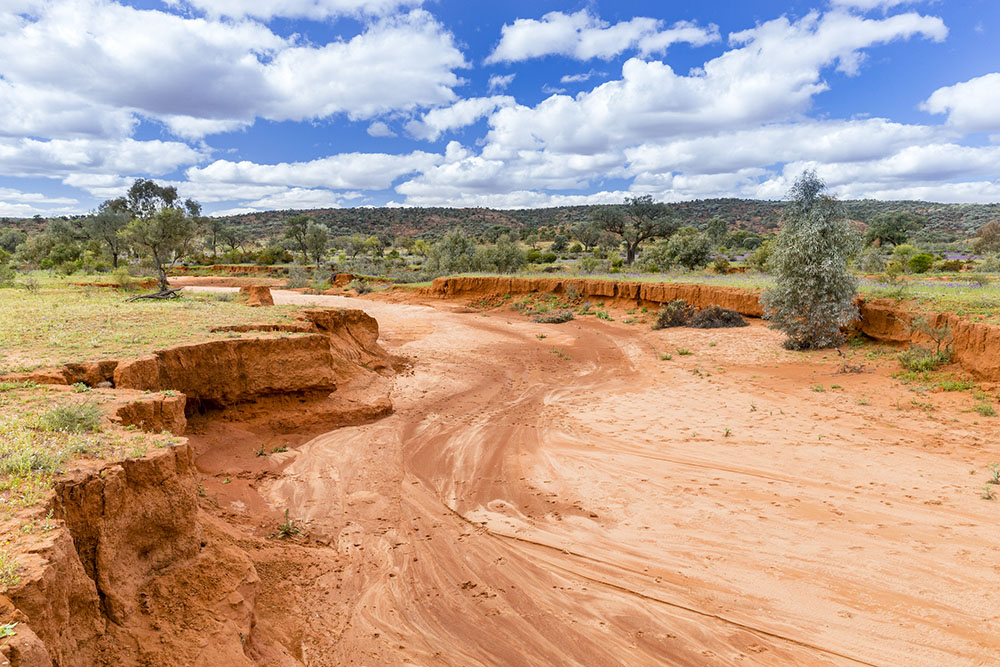
Extinction Rebellion protesters expect to be arrested in their climate inaction protests this week (October 7 to 11) and some will test the ‘extraordinary emergency’ defence in court.
QUT environment law researcher Dr Rowena Maguire said many of the protesters were willing to risk arrest and conviction to make their point.
- Extinction Rebellion using civil disobedience strategy against climate inaction
- Pros and cons of ‘extraordinary emergency’ defence
- Citizens taking banks and superannuation companies to court for failing to factor in climate change risks
“Extinction Rebellion is an international environmental group using civil disobedience as a strategy to protest against inaction on climate policy,” Dr Maguire said.
“Queensland Police arrested 72 activists during the August climate strike for offences including obstructing traffic and breach of the peace.
“When defending these charges in court, Extinction Rebellion members will test the ‘extraordinary emergency defence’ - a defence created to respond to rare situations where a person breaks the law because of an emergency.
“Australia’s legal fraternity’s recent open letter to the Law Council of Australia also has called on the council to declare “a climate emergency” in recognition of the need for urgent action to address the climate crisis.”
Dr Maguire said that in the context of climate protests, the argument is that breaking laws, such as breaches of the peace, is defensible because there is a climate emergency.
“Dr Nicole Rogers, of Southern Cross University, examined the extraordinary emergency defence in her new book Law, Fiction and Activism in a Time of Climate Change.
“The relevant question for the court when considering the defence is ‘what is reasonable?’
“When determining ‘reasonability’ she suggested the court needs to take into account the structures that limit what an ordinary citizen can do regarding the climate crisis.”
Dr Maguire said framing the climate crisis as an ‘emergency’, however, was problematic legally and morally.

“Legally, declaring a climate emergency has proved to be largely political rhetoric to date and has not resulted in climate action,” she said.
“A range of academics have also raised moral concerns around the emergency framing because they are concerned it could justify geoengineering-type climate solutions instead of lowering CO2 emissions.
“A second concern is that the extreme power open to a government during an emergency can be used to negatively impact Indigenous and/or other climate vulnerable communities.”
Dr Maguire said ordinary Australian citizens were limited in what they could do regarding the climate action.
“The Australian Constitution does not contain a duty requiring our government to safeguard, protect and improve the living environment as other countries have,” she said.
“In the Netherlands the Urgenda claim was successful when citizens took their government to court on these grounds.
“Australians have very limited human right protections at the Commonwealth level.”
“So far, climate litigation has focused on administrative appeals questioning the validity of the decision to approve new coal mines which has seen more success in New South Wales courts than in Queensland courts.
“A second litigation pathway focuses on the money and is based in actions brought by shareholders against corporations for failing to disclose climate risks.
“These cases draw upon the influential Hutley opinion which found that directors who did not properly manage climate risks could be held liable for breaching their legal duty of care and diligence.
“For example:
- The case of McVeigh v REST being brought by a 23 year old applicant who will likely receive their superannuation entitlement in 2055. It is alleged that REST has failed to discharge obligations under the Corporations Act to exercise care, skill and diligence and act in the best interests of their client when making investments into projects deemed to be a climate risk.
- Another case moving through the courts is Abrahams v CBA, where shareholders of the CBA have alleged that the financial statements given by the bank must give a true and fair view of the financial position in light of climate risks.”
“Feelings of hopelessness and despair around the impending climate crisis mean people are willing to get arrested and cop a criminal record to urgently bring climate action onto the political agenda.”
QUT Media contacts:
Niki Widdowson, 07 3138 2999 or n.widdowson@qut.edu.au
After hours: Rose Trapnell, 0407 585 901 or media@qut.edu.au.




